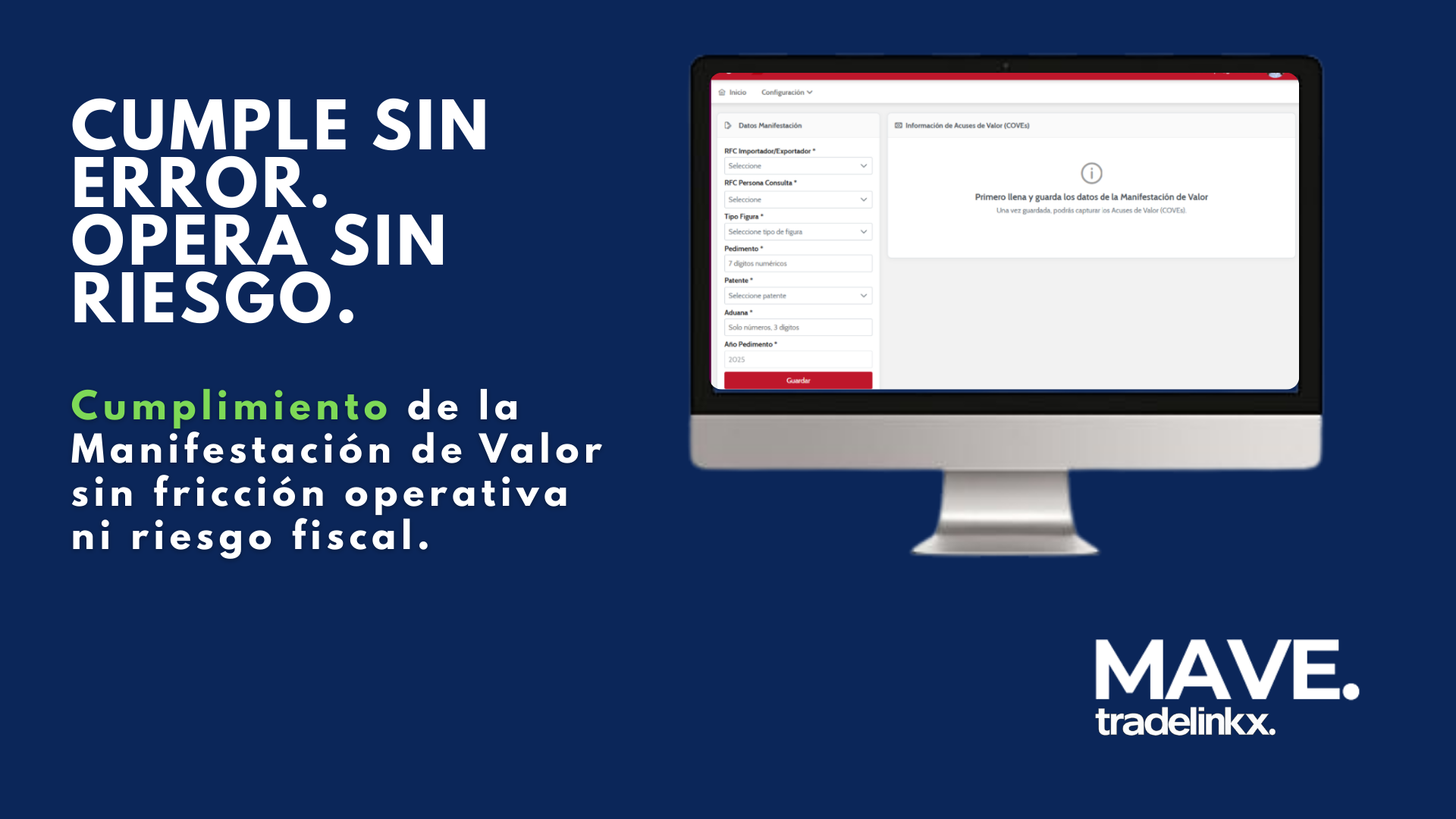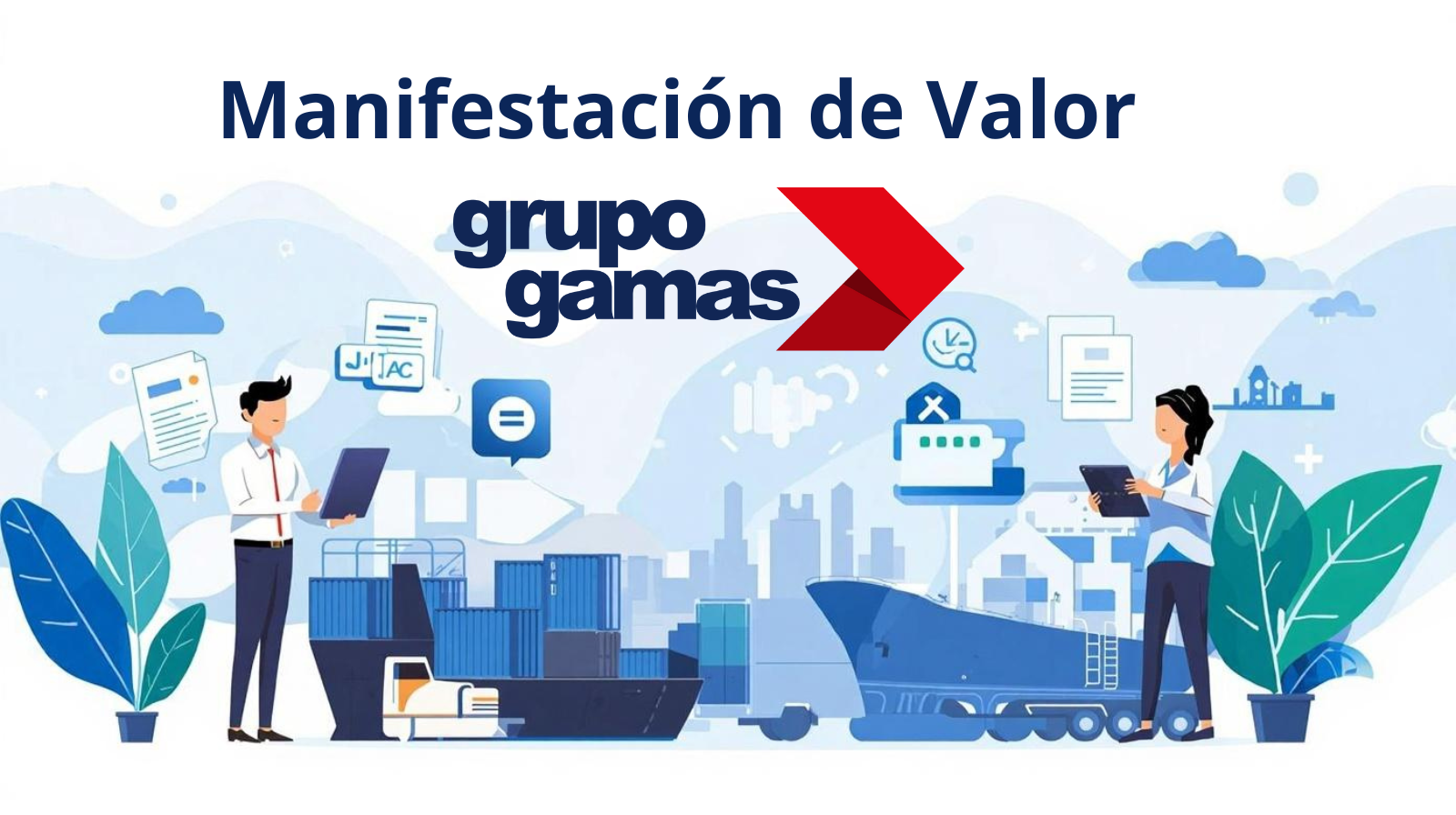In today’s interconnected world, supply chain disruptions can pose significant operational challenges and can stall growth for businesses of all sizes, across various industries. In this comprehensive blog post, our CEO shares invaluable insights and lessons acquired from personal experiences dealing with these disruptions, providing practical strategies to help businesses navigate through tumultuous times.
The Wake-Up Call: The COVID-19 Pandemic
The COVID-19 pandemic served as a stark reminder of the vulnerability of global supply chains. Many businesses, ours included, were hit hard when suppliers, grappling with the pandemic’s effects, found themselves incapacitated, unable to deliver essential parts and products. This sudden disruption brought operations to a standstill for many companies, causing significant financial loss.
However, amidst the immediate challenges, these disruptions also created a unique opportunity for businesses to innovate, transform, and adapt their supply chain strategies. It was a wake-up call forcing companies to rethink their supply chain structures and to build resilience against future disruptions.
Key Lesson #1: The Power of Diversification
One of the most crucial lessons imparted by our CEO is the importance of diversification within the supply chain. The common practice of relying on a single supplier or a specific region for your products can put your business at substantial risk, as seen during the pandemic.
By diversifying your supply chain, you mitigate this risk significantly. It involves sourcing materials or products from different suppliers or regions, ensuring a consistent flow of materials and products, even in the face of potential disruptions. Moreover, diversification can also provide a competitive advantage by enabling access to a broader range of resources and technologies.
Key Lesson #2: Agility as a Crucial Asset
In addition to diversification, our CEO stresses the importance of agility in managing supply chains. Agility translates to the ability to respond quickly and effectively to unanticipated changes in the supply chain, a quality that is indispensable in a volatile business environment.
Under our CEO’s leadership, we have incorporated agile practices within our supply chain management. This approach has empowered us to adapt swiftly when faced with disruptions, enabling us to maintain operations and minimize losses. Agility in the supply chain also involves fostering a culture of continuous learning and improvement, which further strengthens the business’s resilience.
Key Lesson #3: Investing in Supply Chain Technology
Lastly, our CEO strongly advises businesses to invest in advanced supply chain technology. This technology encompasses a broad scope, including automated inventory management systems, AI-enabled demand forecasting tools, blockchain for enhanced transparency, and more.
Grupo Gamas: Your Partner in Navigating Disruptive Supply Chains
At Grupo Gamas, we understand the challenges that international companies often face when dealing with disruptive supply chains. Leveraging our experience and expertise, we can help such businesses navigate these disruptions, save money, and make their processes more efficient through the use of technology. Our dedicated team works closely with clients to understand their specific needs, and we design customized solutions that are tailored to their unique requirements. By partnering with Grupo Gamas, businesses can focus on their core operations while we handle their supply chain complexities, ensuring smooth and efficient operations.
Overcoming supply chain disruptions is not a one-time task, but an ongoing process. It requires the right strategies, commitment, and leadership. The lessons from our CEO, forged from first-hand experiences, have been instrumental in helping us steer through these challenges.
These time-tested strategies continue to serve as a beacon, guiding us as we navigate the unpredictable landscape of global supply chains. As we look to the future, we are reminded that overcoming disruptions is a journey, an ongoing process of learning, adapting, and innovating to keep our supply chains resilient and our businesses thriving.














